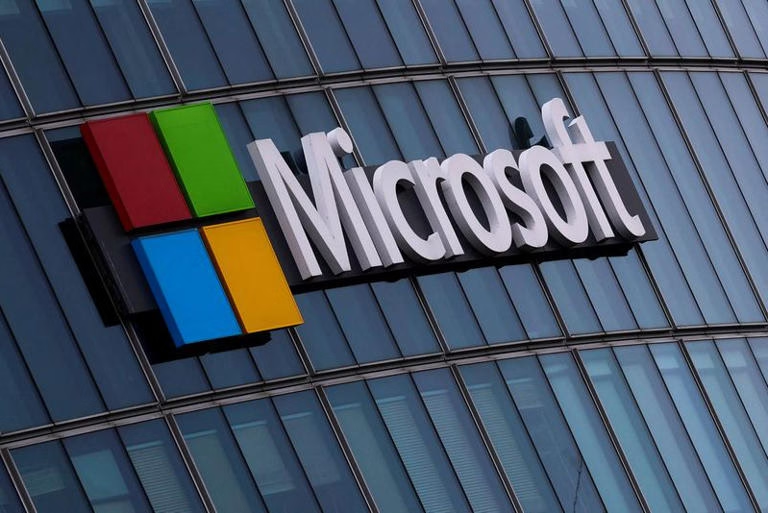Microsoft Expands AI Ecosystem with In-House Models and New Coding Agent
Microsoft Expands AI Ecosystem with In-House Models and New Coding Agent

At its annual Build developer conference, Microsoft unveiled significant advancements in its artificial intelligence (AI) strategy, introducing a new AI coding agent and expanding its AI model offerings through its Azure platform.
Microsoft Introduces AI Coding Agent
Microsoft has launched an AI coding agent designed to autonomously handle routine programming tasks. This agent, an evolution of GitHub’s Copilot, aims to enhance developer productivity by automating background tasks such as code refactoring, documentation, and debugging. By integrating this agent into development workflows, Microsoft seeks to streamline the software development process and reduce the cognitive load on developers.
Hosting Third-Party AI Models on Azure
In a strategic move to diversify its AI offerings, Microsoft announced that it will host Elon Musk’s xAI model, Grok, on its Azure cloud platform. This collaboration introduces Grok 3 and Grok 3 mini to Microsoft’s portfolio of third-party AI models, alongside models from OpenAI, Meta, and others. The integration of Grok into Azure underscores Microsoft’s commitment to providing a comprehensive and competitive AI ecosystem for developers and enterprises
Azure AI Agent Service: A Unified Platform for AI Agents
Microsoft introduced the Azure AI Agent Service, a managed platform that enables enterprises to build, deploy, and manage autonomous AI agents. This service integrates models from Microsoft, OpenAI, and industry partners like Meta and Cohere, allowing businesses to automate complex workflows and tasks across various applications. The Azure AI Agent Service aims to simplify the development of AI agents by providing access to a wide range of models and tools, thereby accelerating the adoption of AI-driven automation in business processes
Copilot Studio: Empowering Developers to Build Custom AI Agents
To further support the development of AI agents, Microsoft introduced Copilot Studio, a no-code platform that allows developers to create custom AI agents tailored to specific business needs. Copilot Studio provides an intuitive interface for designing and deploying AI agents without requiring extensive coding expertise. This tool aims to democratize AI development, enabling a broader range of users to leverage AI capabilities in their applications
Strategic Implications and Industry Impact
Microsoft’s expanded AI offerings reflect a strategic shift towards a more open and diversified AI ecosystem. By hosting a variety of AI models and providing tools for custom agent development, Microsoft positions itself as a central player in the AI landscape. This approach not only enhances the flexibility and scalability of AI solutions but also fosters innovation by enabling developers to experiment with different models and configurations.
The integration of Grok into Azure, despite its controversial reputation, illustrates Microsoft’s willingness to embrace diverse AI technologies to meet the varied needs of its customers. This move could potentially disrupt existing partnerships and alliances in the AI industry, signaling a more competitive and dynamic market environment
Looking Ahead
As AI continues to evolve, Microsoft’s initiatives at the Build conference highlight its commitment to advancing AI technology and expanding its capabilities. The introduction of the AI coding agent, the expansion of Azure’s AI model offerings, and the launch of Copilot Studio and the Azure AI Agent Service represent significant steps towards realizing a more interconnected and autonomous AI-driven future. These developments underscore Microsoft’s vision of an “open agentic web,” where AI agents can perform tasks and make decisions on behalf of users and organizations, thereby transforming the landscape of software development and enterprise automation.










Post Comment